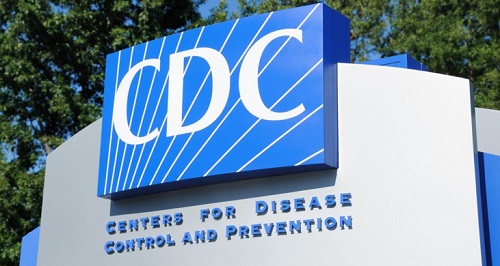
August 11, 2022 – The CDC and the Agency for Toxic Substances and Disease Registry (ATSDR), in partnership with the Department of Health and Human Services’ Office of Environmental Justice, announce the release of the Environmental Justice Index (EJI). The EJI builds off existing environmental justice indexes to provide a single environmental justice score for local communities across the United States so that public health officials can identify and map areas most at risk for the health impacts of environmental burden.
It is the first national, geographic-driven tool designed to measure the cumulative impacts of environmental burden through the lenses of human health and health equity. Cumulative impacts are the total harm to human health that occurs from the combination of environmental burden such as pollution and poor environmental conditions, pre-existing health conditions, and social factors.
An example of how pre-existing health conditions can be worsened by environmental burden would be two people with asthma. One person lives in a community with elevated air pollution, and the other person does not. While both people have asthma, the person living in the community with elevated air pollution may be more likely to be hospitalized based on having both factors.
The EJI was created to help public health officials and communities identify and map communities most at risk for facing the health impacts of environmental hazards. Social factors, such as poverty, race, and ethnicity, along with pre-existing health conditions, may increase these impacts.
The EJI can help public health officials, policymakers, and communities identify and respond to the unique environmental and social factors that affect a community’s health and well-being.
Specifically, the EJI databases and maps can be used to:
- identify areas that may require special attention or additional resources to improve health and health equity,
- educate and inform the public about their community,
- analyze the unique, local factors driving cumulative impacts on health to inform policy and decision-making, and
- establish meaningful goals and measure progress towards environmental justice and health equity.
Environmental injustice can have profound negative effects on human health and well-being. Addressing these negative effects is a key part of promoting health equity.
